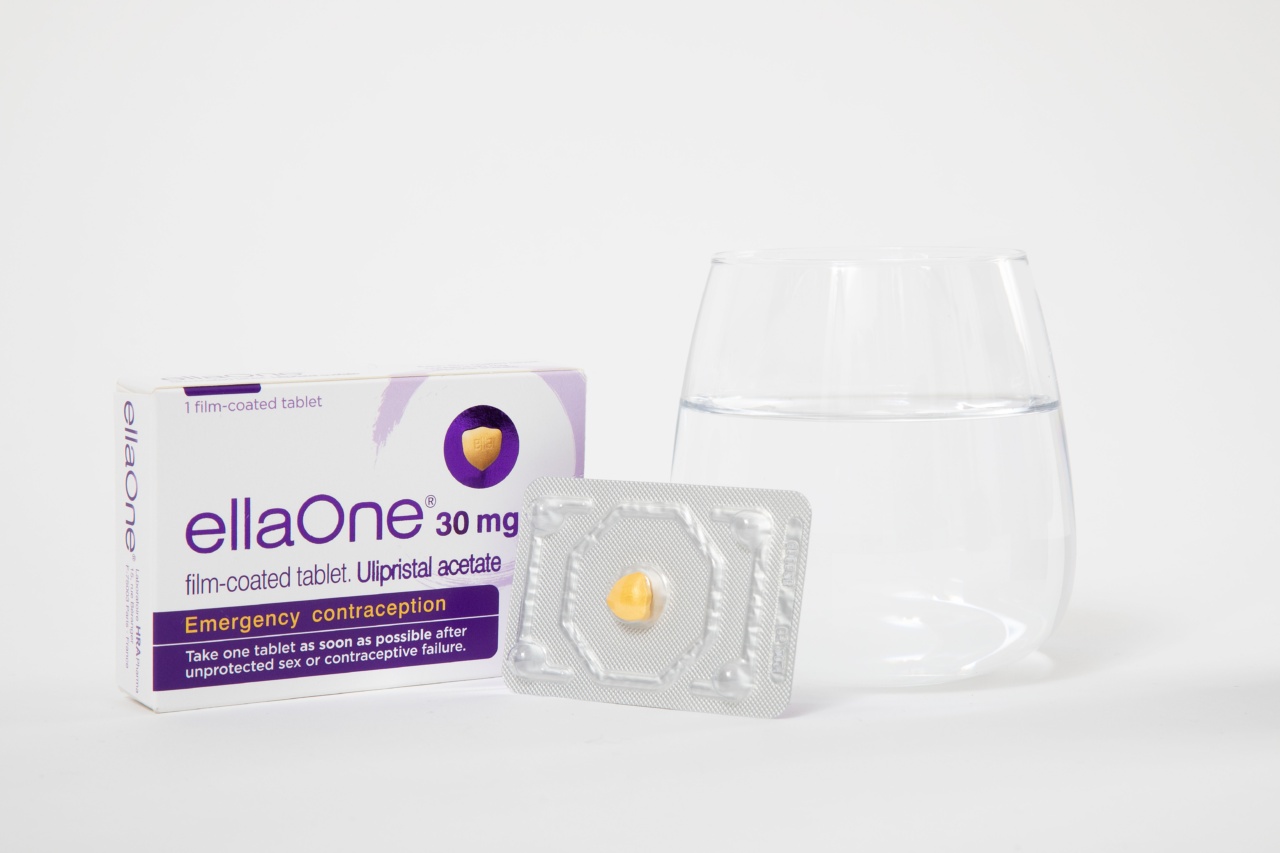Contraceptive pills are one of the most common forms of birth control used by women.
They are highly efficient and offer numerous benefits, but many women are still skeptical about using them because of the myths and misconceptions surrounding these pills.
Myth #1: All Birth Control Pills are the Same
There are two types of contraceptive pills – combination pills and progestin-only pills. Combination pills contain two hormones – estrogen and progestin – that work together to prevent pregnancy.
Progestin-only pills, as the name suggests, contain only progestin. Combination pills are more widely used, but they’re not suitable for everyone. Some women may experience side effects from estrogen, and in those cases, progestin-only pills may be preferable.
Myth #2: Birth Control Pills Make You Gain Weight
Many women believe that taking contraceptive pills leads to weight gain. However, research has shown that the contraceptive pills themselves do not cause weight gain.
Rather, the weight gain is a result of the changes in appetite and water retention that some women experience while taking the pill. While some women may experience minor weight fluctuations when starting or stopping the pill, the overall effects on weight are negligible.
Myth #3: Contraceptive Pills Increase Your Risk of Cancer
There is no evidence to suggest that taking contraceptive pills increases your risk of cancer. In fact, some studies have shown that the pill may actually reduce your risk of certain types of cancer, including ovarian and endometrial cancer.
Women who take the pill for five or more years are also at a reduced risk of developing colorectal cancer.
Myth #4: The Pill Makes You Infertile
Another common myth is that the contraceptive pill can cause infertility. However, there is no evidence to suggest that taking the pill for any length of time can permanently affect your fertility.
In fact, the pill can be used to regulate periods and can even help women with conditions like polycystic ovary syndrome (PCOS) to conceive.
Myth #5: You Need to Take the Pill at the Same Time Every Day
While it is true that taking the pill at the same time every day is ideal for maximum effectiveness, it is not necessary to take it at the exact same time every day.
Combination pills have a 12-hour window in which they can be taken, while progestin-only pills have a 3-hour window. However, it is still important to take the pill regularly.
Myth #6: The Pill Offers No Benefits Besides Contraception
While preventing pregnancy is obviously the primary benefit of contraceptive pills, they also offer a range of secondary benefits. For example, the pill can help regulate periods and make them less painful.
It can also reduce the symptoms of premenstrual syndrome (PMS), improve acne, and reduce the risk of certain types of ovarian and endometrial cancer, as mentioned earlier.
Myth #7: The Pill is Not Safe for Long-Term Use
Contrary to popular belief, the pill is safe for long-term use. Millions of women around the world have been using contraceptive pills for decades, and no serious long-term effects have been reported.
However, the pill is not suitable for everyone, and it’s important to discuss your medical history with your doctor before starting to take it.
Myth #8: You Can’t Get Pregnant While on the Pill
While the contraceptive pill is highly effective, it is not foolproof. No method of birth control has a 100% success rate, and there is still a small chance that you could get pregnant while on the pill.
This chance is increased if you miss a pill or forget to take it regularly.
Myth #9: The Pill Protects You from STIs
Contrary to popular belief, contraceptive pills do not protect against sexually transmitted infections (STIs). They only prevent pregnancy.
If you are sexually active and want to protect yourself from STIs, you will need to use condoms or other protective measures.
Myth #10: You Need a Prescription to Get the Pill
Although it is true that you need a doctor’s prescription to get the contraceptive pill, there are some exceptions.
In some countries, the pill is available over the counter, and in others, you can get it without a prescription from a pharmacy or clinic.




























